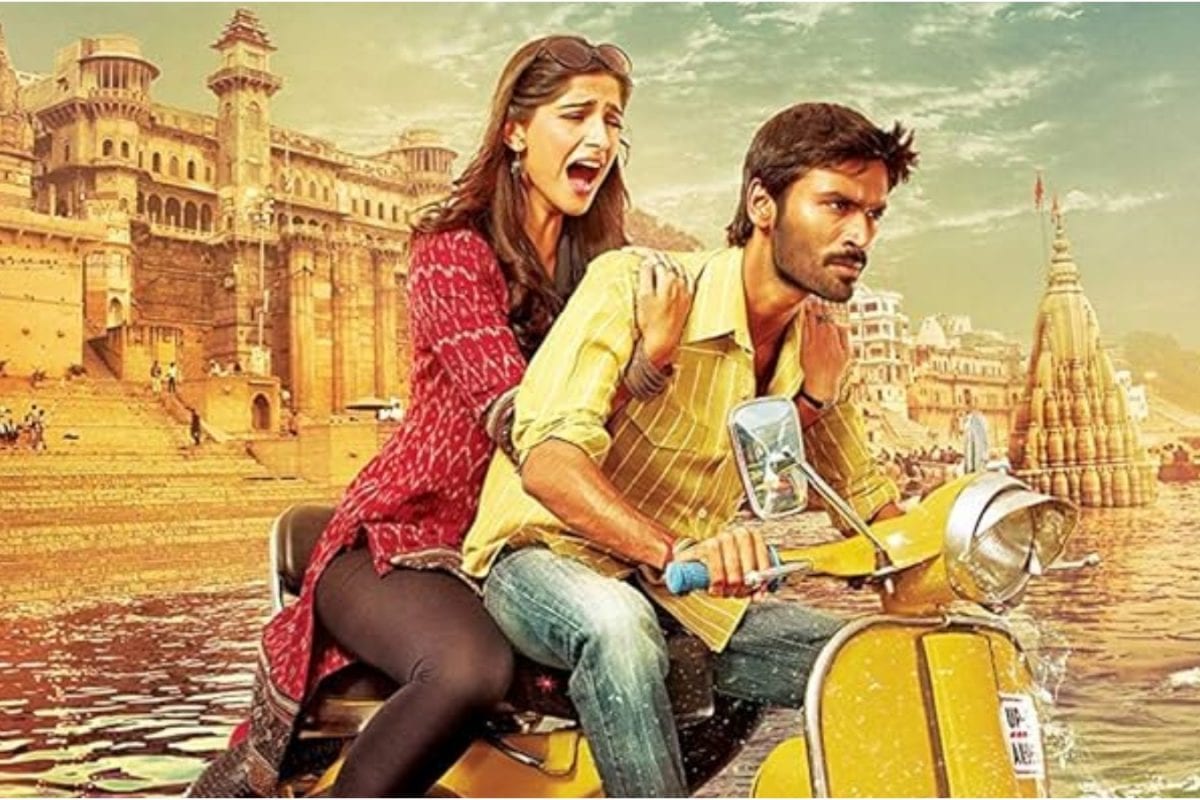

The recent re-release of the 2013 film Raanjhanaa with an AI-altered ending has sparked widespread controversy, drawing sharp criticism from the film's original creators and reigniting the debate about artistic integrity in the age of artificial intelligence. At the center of the storm is actor Mohammed Zeeshan Ayyub, who played the role of Murari in the film, and who has expressed his outrage at the changes.
Ayyub didn't hold back in expressing his displeasure. In a recent interview, he stated that he was angered after seeing the AI-altered climax of Raanjhanaa and even considered legal action against Eros International, the company responsible for the modifications. He found the new version humiliating, particularly the AI-generated shot of his character, and felt that it fundamentally changed the essence of the film. According to Ayyub, the beauty of Raanjhanaa lay in its ability to evoke both pain and satisfaction, culminating in a poignant acceptance of love and death. He believes that the AI-altered ending robbed the audience of a crucial emotional experience.
The AI-modified version of Raanjhanaa replaces the tragic death of the protagonist, Kundan (played by Dhanush), with a "happy" ending. Instead of dying, Kundan wakes up in a hospital, surrounded by his friends Bindiya (Swara Bhaskar) and Murari, who are overjoyed at his survival. This alteration has been widely criticized for undermining the emotional core of the film and betraying the director's original vision.
Aanand L. Rai, the director of Raanjhanaa, has also publicly condemned the AI-altered ending, calling it a "betrayal" and "deeply disrespectful". He stated that the film was "altered, repackaged, and re-released without my knowledge or consent," which he found "nothing short of devastating". Rai and Dhanush are reportedly exploring legal options to address the unauthorized alteration of their work. Dhanush echoed Rai's sentiments, stating that the AI-altered climax had "stripped the film of its very soul" and that he had objected to the changes. He also voiced concerns about the use of AI to alter films, warning that it "threatens the integrity of storytelling and the legacy of cinema".
Eros International, however, has defended its decision to re-release Raanjhanaa with an AI-altered ending, claiming that it is the sole copyright owner of the film and has the right to "exhibit, adapt, and re-release the film in any format". The company also stated that it had communicated its intentions to Dhanush's team and received no formal objection prior to the re-release. This claim is disputed by Dhanush and Rai, who maintain that they were not consulted about the changes.
The controversy surrounding Raanjhanaa's AI-altered ending has ignited a broader discussion about the ethics of using AI to modify existing films without the consent of the original creators. Many in the film industry argue that such alterations undermine artistic integrity and set a dangerous precedent for the future of creative ownership.
The incident has also raised legal questions about copyright law and the rights of filmmakers versus producers. While Eros International asserts its right to alter the film as the copyright holder, others argue that directors and actors also have a moral right to protect their creative work from unauthorized changes.
As the debate continues, the Raanjhanaa controversy serves as a cautionary tale about the potential impact of AI on the film industry and the importance of protecting artistic vision in an era of rapidly advancing technology.